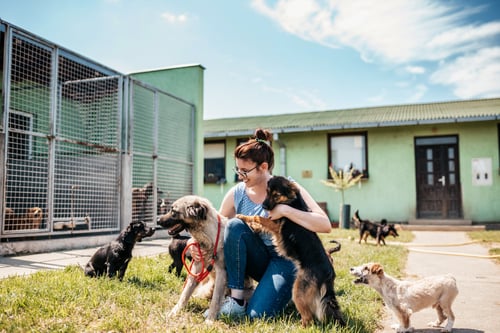FEATURED CONTENT
FEATURED CONTENT
QUICK LINKS
Disclaimer
Important: The authors, reviewers, and editors of this material have made extensive efforts to ensure that treatments, drugs, and discussions about medical practice are accurate and conform to the standards accepted at the time of publication. However, constant changes in information resulting from continuing research and clinical experience, reasonable differences in opinions among authorities, unique aspects of individual clinical situations, and the possibility of human error in preparing such an extensive text mean that other sources of medical information may differ from the information on this site. The information on this site is not intended to be professional advice and is not intended to replace personal consultation with a qualified physician, pharmacist, or other health care professional. The reader should not disregard medical advice or delay seeking it because of something found on this site.
Content in the Manuals reflects medical practice and information in the United States. Outside of the United States, clinical guidelines, practice standards, and professional opinion may differ and the reader is advised to also consult local medical sources. Please note, not all content that is available in English is available in every language.



